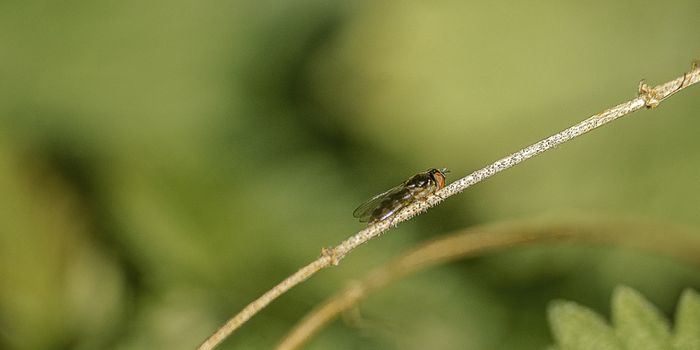A Very Unusual Virus is Discovered in Brazil
Researchers in Brazil have discovered a very unusual virus infecting amoebas in an artificial lake called Lake Pampulha in the city of Belo Horizonte. Reporting in bioRxiv (the findings have not yet been peer-reviewed), the scientists noted that this viral genome has little in common with known genomes; most of the genes it contains are unlike those found in any other reported organism and it's almost a complete "ORFan" genome. The investigators named the virus Yaravirus.
The researchers were in search of giant viruses, which have far more capabilities than the viruses we thought we knew. Unlike typical viruses that we’ve been familiar with, giant viruses are able to produce proteins and make repairs to their DNA, for example. It was thought that viruses would have to infect a host cell to perform those functions. We now know that these microbes are far more complex and varied than we understood.
Viruses are typically classified based on the shell that surrounds them, which is known as a capsid. The Yaravirus, which infects amoeba, does not seem to be a giant virus; it lacks a large capsid, a hallmark of giant viruses, and Yaravirus particles are only around 80 nanometers. The capsid of the Yaravirus is unlike other viral capsids, and researchers don’t yet know where the virus comes from. Its genome contains 74 genes, only six of which have any degree of similarity with other known genes.
"This is one of the reasons why this new virus is so intriguing and we claim that it challenges the classification of DNA viruses," the senior author of the study, Jônatas Abrahão, told Live Science. Abrahão is an associate professor in the microbiology department at the Federal University of Minas Gerais in Brazil.
"It would be necessary to isolate new viruses similar to Yaravirus to improve our analysis and try to define their origin," he said, adding that it's possible that the virus has been circulating on Earth for a long time.
While this virus probably poses no problem for humans, it’s worth getting a close look at this unusual organism. "If we consider all known viruses by now, we can say that most of them do not represent any threat for our health," noted Abrahão. "Viruses are extremely important in [the] environment," and they can help recycle nutrients or control pests.








